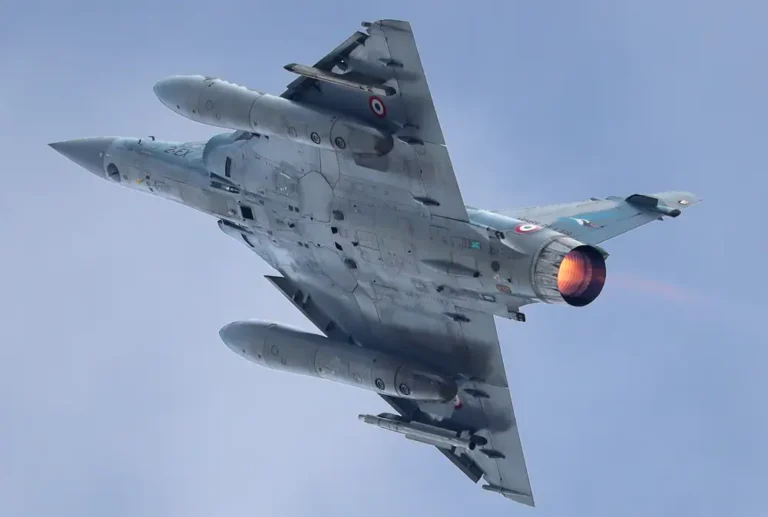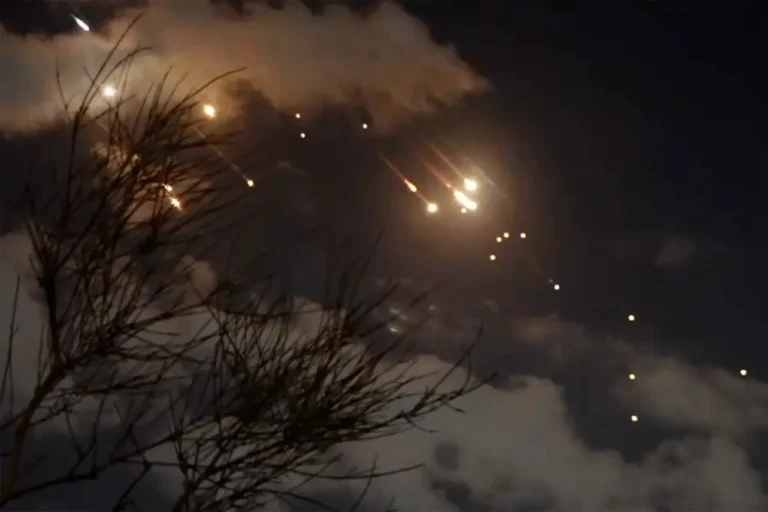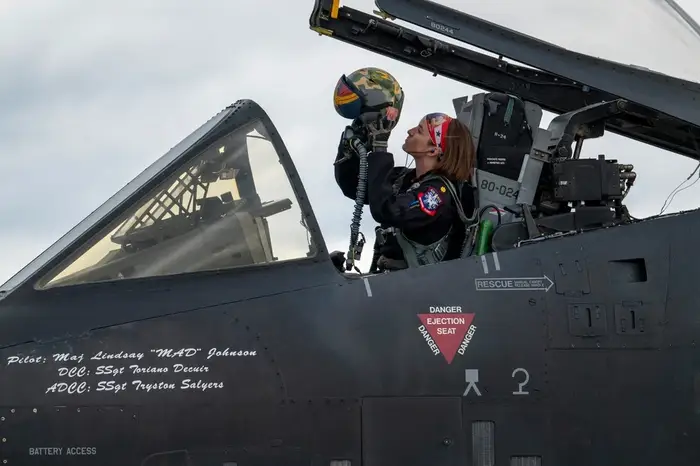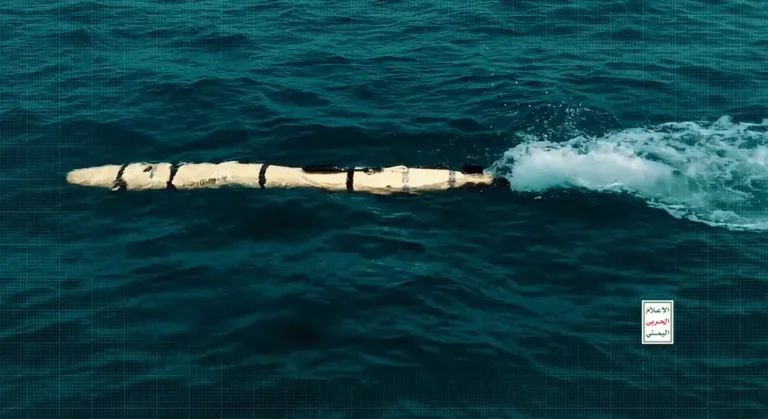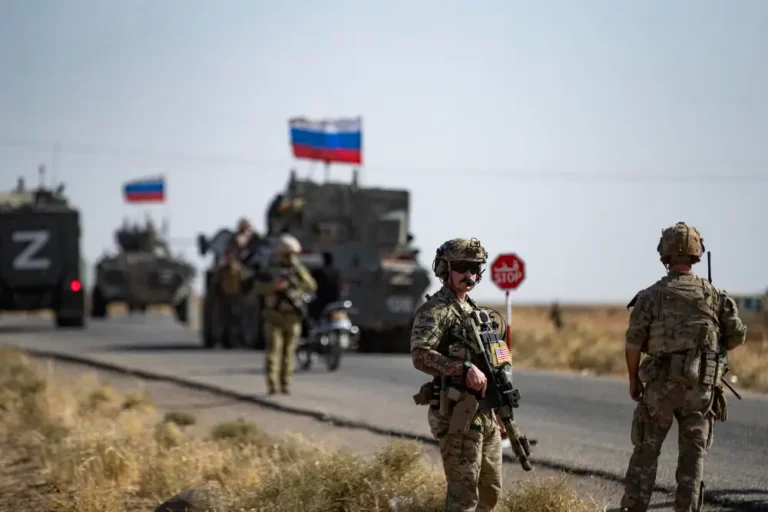NATO chief says alliance has undergone its biggest transformation in a generation but military power has its limits
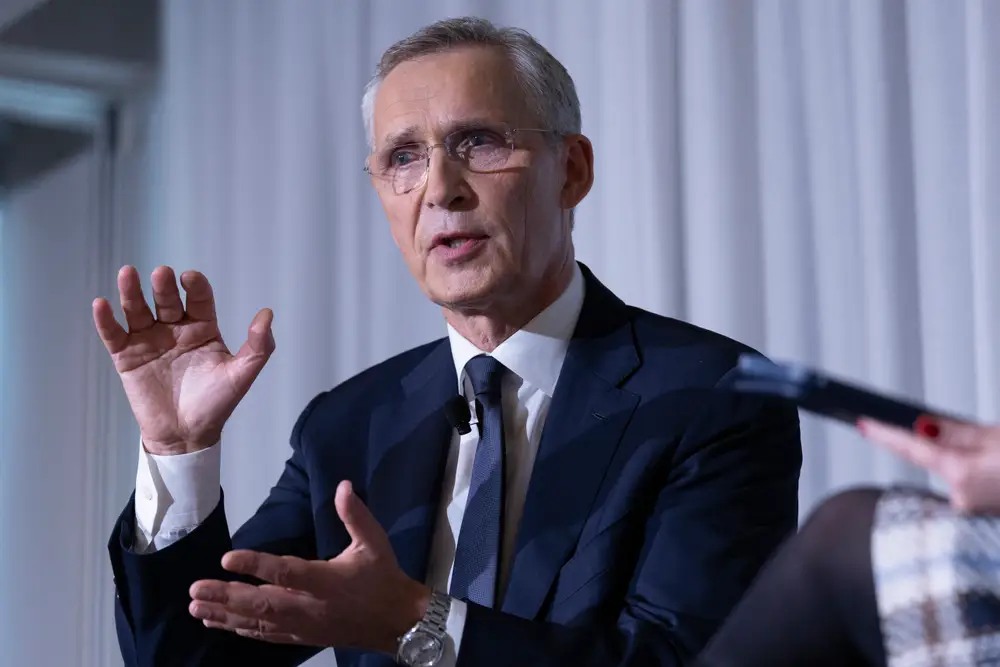
NATO Secretary General Jens Stoltenberg is stepping down this month after a decade at the helm.
The head of NATO said the alliance has undergone its biggest transformation in a generation, but warned that military power has its limits.
Jens Stoltenberg made the remarks at an event hosted by the German Marshall Fund, a nonpartisan US think tank, in Brussels on Thursday, as he prepared to step down from his role as NATO’s secretary-general later this month.
Stoltenberg said that since he took on the role in 2014, NATO has been described as “divided, “obsolete,” and “braindead,” but the reality is that the military alliance is “strong,” “united,” and “more important than ever.”
“We have, over these 10 years, undergone their biggest transformation in a generation,” he said.
Stoltenberg pointed to NATO strengthening its defenses, deploying tens of thousands of combat-ready forces to its Eastern flank, having half a million troops on high readiness, and 23 member states now meeting their pledge to spend at least 2% of GDP on defense.
He also mentioned “massive” support for Ukraine since Russia launched its full-scale invasion in February 2022, broadening partnerships in the global south, and deepening relations with Indo-Pacific countries.
Meanwhile, NATO-EU cooperation has reached “unprecedented levels,” he said.
However, Stoltenberg also stressed that “military power has its limits,” citing NATO’s military intervention in Afghanistan after 9/11.
Stoltenberg said the intervention had a “clear UN mandate,” received “broad” political support across NATO, degraded Al Qaeda, and prevented Afghanistan from being a safe haven for international terrorists — but the mission lasted “too long.”
NATO headed the UN-mandated deployment of the International Security Assistance Force from 2003 to 2014, and between 2015 and 2021 led the Resolute Support Mission operation to train, advise, and assist Afghan security forces and institutions in the fight against terrorism.
NATO pulled its remaining forces out of Afghanistan in August 2021 as the US completed its own withdrawal and the Taliban took over.
“The fact that the Afghan government and the security forces collapsed so quickly demonstrated why it was right to leave,” Stoltenberg said, adding that what should have been stable and strong was a “house of cards” and there was no reason to believe staying another 20 years would have provided a different outcome.
“The lesson learned is that the purpose of any future military operation outside NATO territory must be clearly defined and must be honest about what we can and cannot achieve,” he said.
Former Dutch Prime Minister Mark Rutte will take over as head of the alliance next month, at what is seen as a crucial and turbulent time for NATO, with ongoing conflicts in Ukraine and Gaza and the US election in November.
“I cannot predict what lies ahead,” Stoltenberg said, adding: “While the challenges we face may change, the answer is the same — we are stronger and safer, Europe and North America, together in NATO.”

